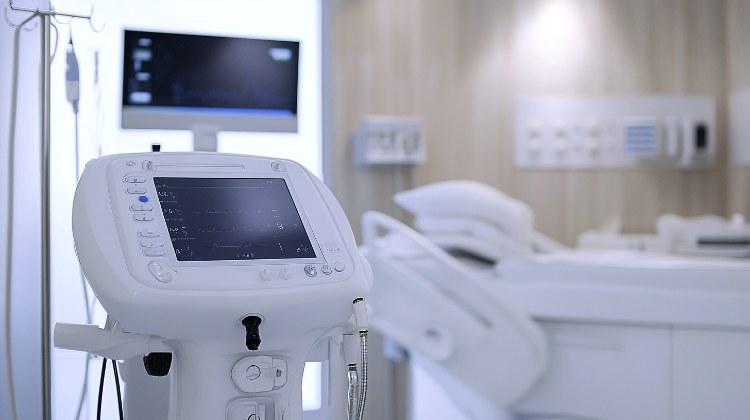Fibroids have a high rate of recurrence, how can they be avoided?
Although fibroids can be effectively treated with surgery in most cases, their recurrence rate should not be underestimated, especially for patients with multiple fibroids and young women. Studies have shown that the recurrence rate of fibroids after traditional surgery ranges from 10% to 35%, a statistic that is certainly a cause for concern for many patients. Why do fibroids recur? And how to reduce the risk of recurrence? Let's take a closer look.

Reasons for recurrence
Fibroids are not completely eliminated: During the surgery, due to the large number of fibroids, hidden location or large size difference, it is sometimes difficult to ensure that all fibroids are completely eliminated, and the residual fibroid cells may continue to grow, which may lead to recurrence.
Individual differences: the patient's age, physical condition, hormone level and other factors will also have an impact on the recurrence of fibroids. Younger women have a higher risk of recurrence due to longer childbearing age and relatively higher fluctuation of hormone levels. In addition, obesity and a family history of fibroids are also known risk factors for recurrence.
Strategies to reduce the risk of recurrence
Postoperative medications: To reduce the risk of recurrence, your doctor may recommend a period of postoperative medications, such as gonadotropin-releasing hormone analogues. These medications can help regulate hormone levels and reduce the likelihood of fibroid recurrence. However, it is important to note that any medication should be administered under the guidance of a doctor to avoid the risks associated with self-medication.
Regular checkups: Regular checkups after surgery are a key part of monitoring the recurrence of leiomyosarcoma. Through ultrasound, MRI and other imaging tests, doctors are able to detect and assess the growth of the leiomyoma in a timely manner. Generally speaking, it is recommended to have a review every 3 to 6 months after surgery, and the exact frequency should be adjusted according to the doctor's advice and individual situation.
Lifestyle modification: Maintaining a healthy lifestyle is also crucial in preventing the recurrence of fibroids. Eating a balanced diet, reducing the intake of high-fat and high-calorie foods, and increasing the proportion of vegetables, fruits and whole grains; having a regular routine and getting enough sleep; exercising moderately, controlling body weight, and avoiding obesity; and learning to manage stress and keep a happy mood will help reduce the risk of recurrence.
Long-term monitoring and counselling: Long-term medical monitoring and professional counselling are especially important for patients with multiple fibroids or those at high risk of recurrence. Establishing a good communication mechanism with the doctor, providing timely feedback on the physical condition and adjusting the treatment plan according to the doctor's advice is the key to preventing recurrence.
Scientific prevention, guarding health
Although the recurrence of fibroids is a concern, we can effectively reduce the risk of their occurrence through scientific prevention strategies. Remember, post-operative medication, regular check-ups, a healthy lifestyle and long-term medical monitoring are the four keys to preventing recurrence. Working closely with your doctor to develop a personalised prevention plan, let's take responsibility for our own health.
 LaydsVoa
LaydsVoa



